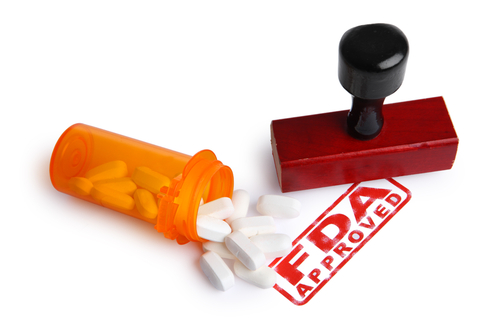FDA Taps Online Patient Database To Gain Access To Patient-Reported MS Health Data
Written by |

In an effort to access firsthand patient data as a means of improving healthcare and drug safety, the Food and Drug Administration (FDA) has announced a unique partnership with PatientsLikeMe, an online network of 350,000 patients who have reported on their own personal experiences in living with over 2,500 different diseases. The FDA’s new project with the online network will be to access value patient-reported data from 40,000 Multiple Sclerosis patients, which in turn will help inform FDA regulatory review activities designed to assess and manage risk for approved MS therapies.
The announcement, which was recently made during the Drug Information Association’s (DIA) annual meeting in Washington D.C., marks the FDA’s continued efforts to bolster its own internal methods for ensuring that post-approval drug safety surveillance remains rigorous. The Administration has long valued the use of individual case safety reports as part of the monitoring process. Now, thanks to the advancement of social media and digital platforms like PatientsLikeMe that bring together niche patient populations such as with Multiple Sclerosis, the FDA can gain valuable insight by gathering data from end users of MS therapies, complementing the need for studies that are often costly and protracted.
Ben Heywood, the Founder and President of PatientsLikeMe, believes that FDA’s willingness to include data from his company’s online network is a key step toward the next generation of informing regulatory science: “Most clinical trials only represent the experience of several hundred or at most several thousand patients, making it impossible to anticipate all the potential side effects of drugs in the real world. Patient-generated data give a more complete picture about a drug’s safety by providing a window into patients’ lives and healthcare experiences over time. We’re very encouraged by the FDA’s action to evaluate newer sources of data to help identify benefits and risks earlier.”
In the past, when the FDA sought to assess drug safety for the approved therapies used in treating a disease such as MS, the majority of individual case reports on drug safety were usually collected by the drug developers themselves and reported to the FDA as part of regulatory requirements for post-market studies. This new model allows multiple sclerosis patients’ own opinions, expressed through online surveys and profiles, to be correlated into a new dimension of insight that more accurately represents the patient experience, all while giving more nuanced insights in real time, such as MS drug tolerance, patient compliance to therapy guidelines, and quality of life.
While PatientsLikeMe boasts a large user base, the MS patient population is a major focus for the company, which began in 2008 when the FDA sponsored a pilot program designed to allow Multiple Sclerosis patients to directly report adverse side effects from MS therapies. That original pilot program gave way to the launch of what PatientsLikeMe calls “the first drug safety platform on social media,” designed to help stakeholders in the Pharmaceutical industry as well as regulators like the FDA meet and/or enforce regulatory obligations. The platform has been a success, collecting more than 110,000 adverse event reports on 1,000 different medications.
There are currently 12 disease-modifying therapies approved by the FDA for multiple sclerosis, and dozens more in the drug development pipeline that could potentially impact the MS patient population. Because the disease is a lifelong, often progressive struggle for patients, reporting on the safety and effectiveness of these therapies is essential to helping advance therapeutic approaches for Multiple Sclerosis. With the advent of social media, now patients can finally begin to report individual experience with MS therapies and have these insights included into accurate reporting that can really make a difference in future therapeutic approaches.


